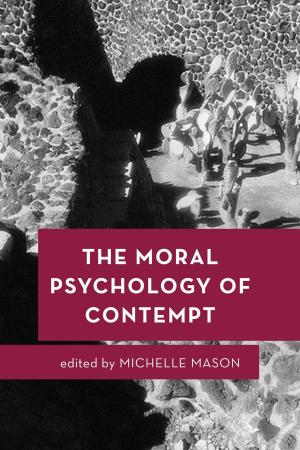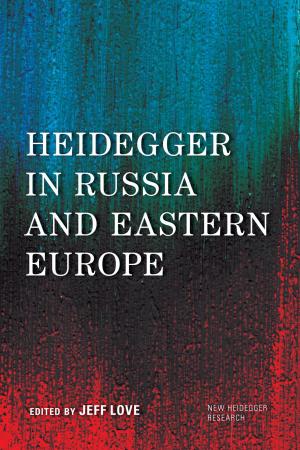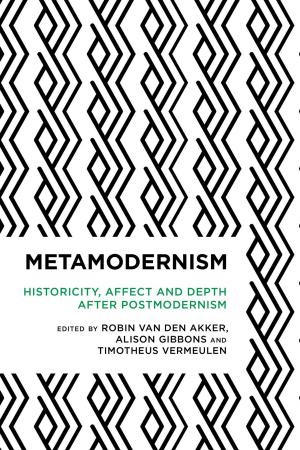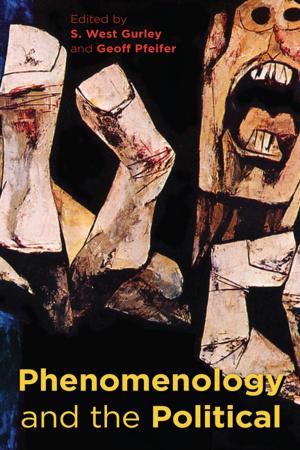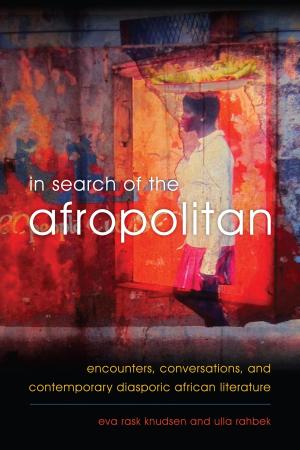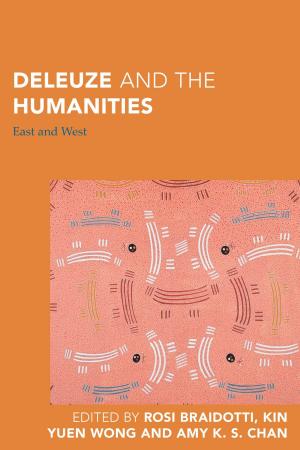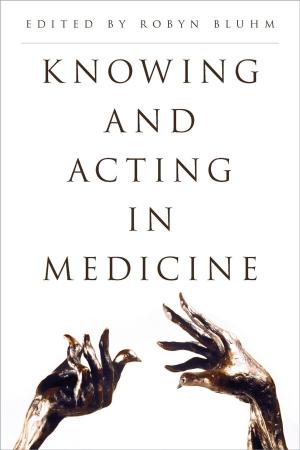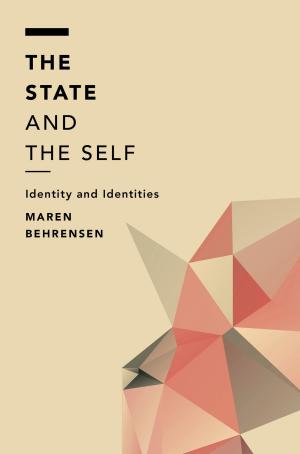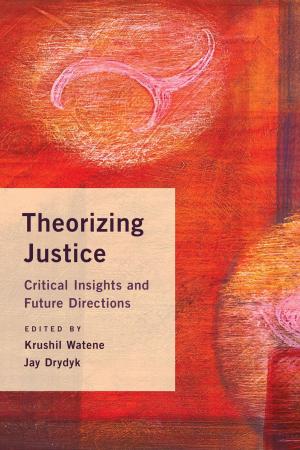Between Nationalism and Europeanisation
Narratives of National Identity in Bulgaria and Macedonia
Nonfiction, Social & Cultural Studies, Political Science, Politics, Leadership, International, International Relations| Author: | Nevena Nancheva | ISBN: | 9781785521850 |
| Publisher: | Rowman & Littlefield International | Publication: | January 1, 2016 |
| Imprint: | ECPR Press | Language: | English |
| Author: | Nevena Nancheva |
| ISBN: | 9781785521850 |
| Publisher: | Rowman & Littlefield International |
| Publication: | January 1, 2016 |
| Imprint: | ECPR Press |
| Language: | English |
Why do we need European integration in increasingly fragmented and antagonised European societies? How can European integration relate to the national stories we carry about who we are as a nation and where we belong? What to do with the national stories that tell traumatising tales of past loss and sacrifice, and depict others as villains or foes? Can we still claim that our national states are the most legitimate way of organising European political communities today? Engaging with these big questions of European politics, Nevena Nancheva tells a small story from the periphery of Europe. Looking at two post-communist Balkan states ‒ Bulgaria and Macedonia ‒ she explores how their narratives of national identity have changed in the context of Europeanisation and EU membership preparations. In doing so, Nancheva suggests that national identity and European integration might be more relevant than previously thought.
Why do we need European integration in increasingly fragmented and antagonised European societies? How can European integration relate to the national stories we carry about who we are as a nation and where we belong? What to do with the national stories that tell traumatising tales of past loss and sacrifice, and depict others as villains or foes? Can we still claim that our national states are the most legitimate way of organising European political communities today? Engaging with these big questions of European politics, Nevena Nancheva tells a small story from the periphery of Europe. Looking at two post-communist Balkan states ‒ Bulgaria and Macedonia ‒ she explores how their narratives of national identity have changed in the context of Europeanisation and EU membership preparations. In doing so, Nancheva suggests that national identity and European integration might be more relevant than previously thought.

